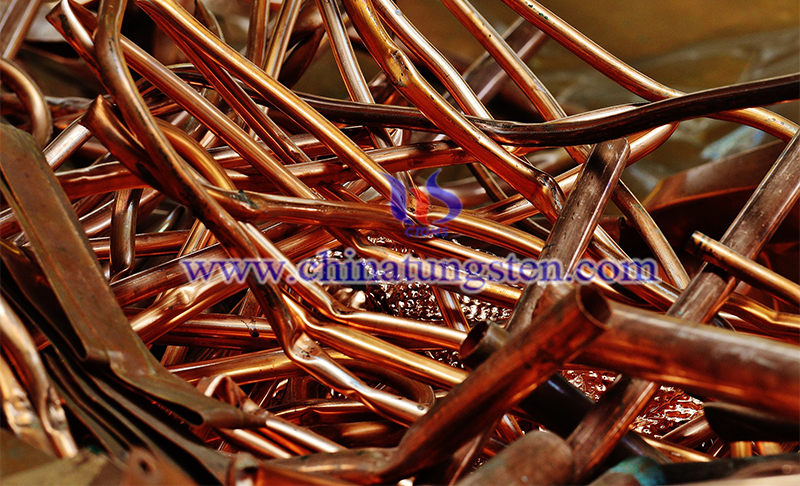Including Rare earths, DOE to Secure Critical Materials’ Supply Chain
- Details
- Category: tungsten‘s News
- Published on Saturday, 04 September 2021 21:46
The U.S. Department of Energy (DOE) announced that it will provide $30 million in funding for 13 national laboratories and university-led research projects to develop new technologies that will help ensure the construction of a clean energy technology's key materials, such as rare earths supply chain.
These research projects aim to diversify the supply of rare earths and platinum group elements that are essential for many clean energy and high-tech applications, develop alternatives, and improve their reuse and recycling. These include cobalt for electric vehicle batteries, neodymium for windmills and electronic equipment, and platinum for emission control and fuel production technology.
"Expanding the electric vehicle infrastructure, hardening our country's power grid, and powering our economy through millions of clean energy jobs all depend on securing the supply chain for key materials such as cobalt and platinum," said Energy Secretary Jennifer M. Granholm. "The key to our carbon-free future lies in strengthening clean American industry, establishing a strong American-made key material supply chain system, and actively deploying the resulting climate technology at home and abroad."

Rare earth elements (REE) and platinum group elements (PGE) are key components of many clean energy and high-tech applications, including emission control technology and rechargeable batteries for energy storage. The limited domestic supply of key materials and reliance on imports from other countries pose significant risks to the production of clean energy technologies.
The research funded by this announcement will enhance our understanding of how REE and PGE give materials and molecules unique properties that are valuable to modern technology. This research can provide new ideas for the atomic-level design of key materials, and may reduce or eliminate the need for these key elements in clean energy and high-tech applications. It will also expand the range of sources of these key elements by potentially identifying new mineral sources or promoting the reuse and recycling of existing materials.
"For more than 75 years, scientists, engineers, and researchers at the Argonne National Laboratory have broken down barriers. Researchers have provided major discoveries in energy that benefit our planet. That’s why I’m so happy Argonne. We have received more than 2 dollars and millions of dollars in funding to create cleaner and more sufficient energy by studying the rare earths we need, and build on this historic success," said Rep. Marie Newman.
"This research is the key to ensuring that the United States has clean energy and sustainable technologies to support us through the 21st century. We are proud to have this cutting-edge innovation in our backyard, and I will continue to advocate funding and support for Illinois' 3rd Congressional District's own Argonne National Laboratory."
Research projects range from a single principal investigator (PI) to multi-Principal Investigators, multi-institutional efforts, led by 10 universities and 3 national laboratories. The DOE’s Office of Science has total funding of US$30 million for projects that last up to three years, of which US$10 million is for the 2021 fiscal year.
The basic science supported by these projects can influence battery and electrification projects, and support the national lithium battery blueprint to maintain and advance the United States’ goal of leading battery technology research and development.
According to the US Department of Energy's funding opportunity announcement, it is open to universities, national laboratories, industry, and non-profit research organizations, and projects are selected based on peer review. The final details of each project award depend on the negotiations between the DOE and the awardees.
- < Prev
- Next >
Link to this article:Including Rare earths, DOE to Secure Critical Materials’ Supply Chain
Reprint Statement: If there are no special instructions, all articles on this site are original. Please indicate the source for reprinting:Tungusten,Thanks!^^

